- Report says previous £100m fund ‘insufficient’ to ‘fully redress’ slavery’s impact
A billion-pound reparations push by the Church of England to atone for its historic links to slavery is ‘anti-Christian’, critics warned last night.
The church will ask super-wealthy families and investors to help it build an enormous pot of cash to address ‘enduring harms from enslavement’.
The C of E announced last year that it was setting up a £100million fund for reparations to recognise that it once profited from the slave trade. But a report yesterday said this was ‘insufficient’ to ‘fully redress’ the centuries-long impact of the ‘great evil’ of slavery – and called for a much bigger target of £1billion.
Critics said the move risked putting parishioners off donating to their cash-strapped churches as it would appear the CofE had ‘vast sums to throw around’.
Reverend Ian Paul argued it was ‘anti-Christian’ and suggested it was motivated by ‘a death wish for the Church of England’. Last year the Church Commissioners, who handle the CofE’s financial assets, announced the £100million fund to ‘address past wrongs’.
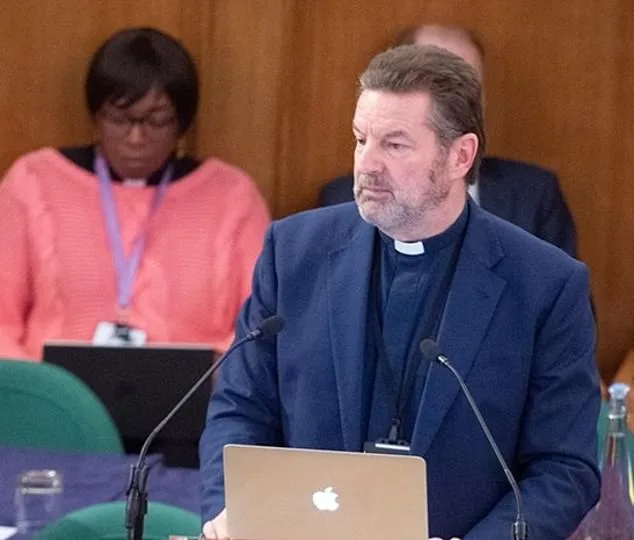
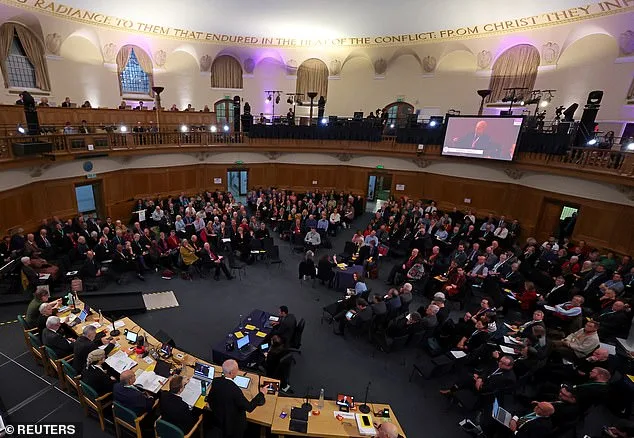
But an independent oversight group, set up to oversee how the fund would be managed, yesterday concluded the pot of money was too small and would be distributed too slowly.
Its report read: ‘Community engagement confirmed the view that £100million will be insufficient for this purpose.
‘The Church Commissioners have therefore embraced a target of £1billion for a broader healing, repair and justice initiative with the fund at its centre.’
The chairman of the group said she hoped the initiative was just the start and would be a catalyst to encourage other institutions to dig into their pasts.
But Dr Paul of the Archbishops’ Council, which co-ordinates the CofE’s work, said: ‘This report is quite extraordinary.
‘It appears to be based on an essentially racist reading of history – that white people are all bad and the oppressors, and black people are nothing more than victims. This is insulting to both black and white.
‘It is anti-Christian. Unbelievably, it calls on the Church to repent for having preached the gospel.
‘African Christians, including the vast numbers of Anglicans in Africa, will be very angry to read that. The authors of the report appear to be completely ignorant of the Church’s own beliefs.
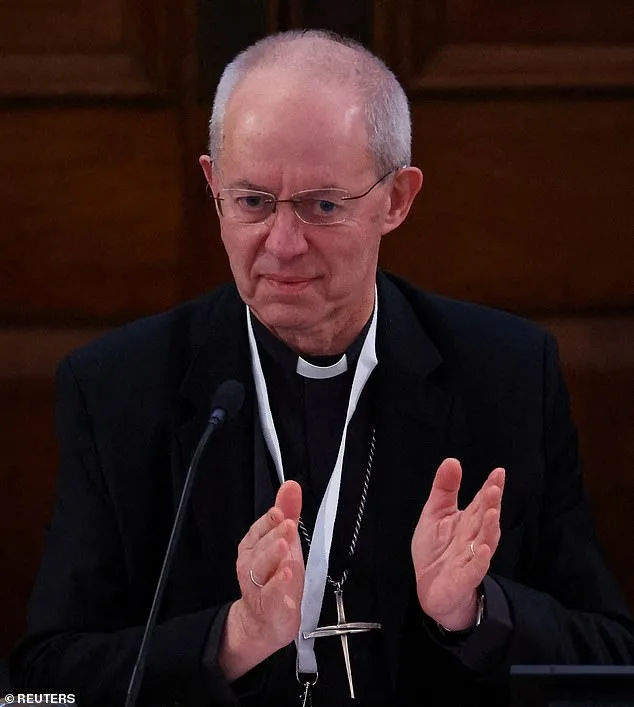
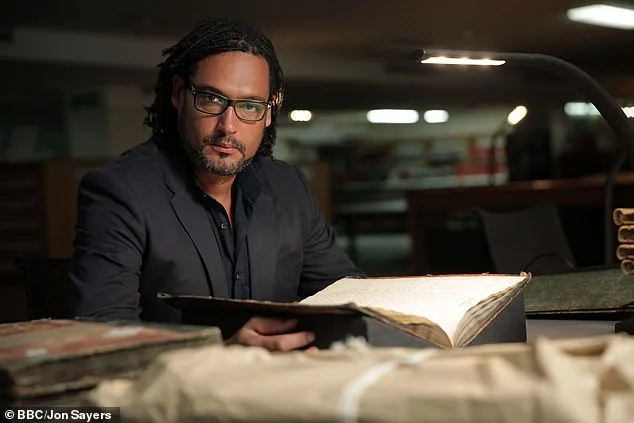
‘It will imperil local ministry and mission. Why would ordinary churchgoers continue to give to their local church when it appears we have these vast sums to throw around? Whoever commissioned this report appears to have a death wish for the Church of England.’
His comments were echoed by General Synod member Prudence Dailey, who said: ‘I can’t believe that the Church of England is effectively apologising for converting people to Christianity.
‘In view of how hard-pressed parishes in the Church of England are, it is a concern as to how far this is going. The Church of England is not directly funding parishes, but it should be – it has plenty of money.’
Paul Eddy, a vicar in West Oxfordshire and a former General Synod member, added: ‘Throughout history people in leadership have done very bad things. But where does this all end? If they start paying out this sort of money now, the Commissioners will surely have to keep in reserve large sums of money to pay for the wrong today’s Church will do.’
The Church Commissioners welcomed the report, but said they would not increase their £100million contribution and any additional funds must come from external sources.
Geetha Tharmaratnam, vice-chairman of the oversight group, suggested the £900million shortfall could be made up in part by wealthy families and companies ashamed of their historic links to slavery. She said: ‘The intention is that this is a fund that can be taken to peers of the Church Commissioners, to pension funds, sovereign wealth funds, to impact investors, foundations, family offices. Exactly the kind of investors who are looking to create positive change for the future.
‘And in doing so, our hope is we will get to the billion pounds that we have set as an intention and strong target.’
The plan is for the money to be invested in black-led businesses focusing on education, economic empowerment and health outcomes – as well as being used to provide grants to address these issues in communities impacted by the legacies of African enslavement.
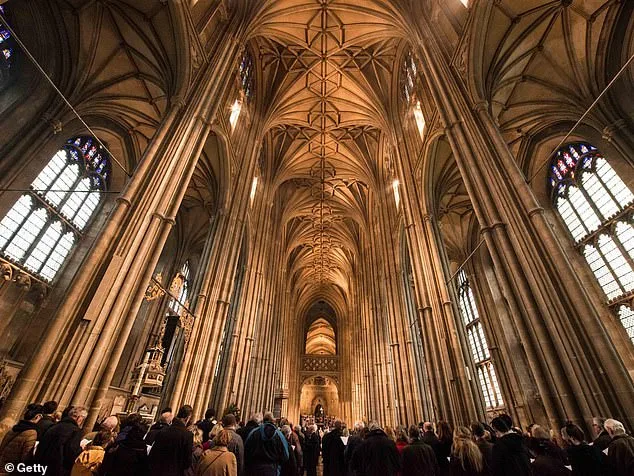
The Church of England’s £10.3billion endowment can be traced in part back to a fund it was given by Queen Anne in 1704, referred to as Queen Anne’s Bounty. At the time it heavily invested in the South Sea Company, which shipped enslaved people from Africa across the Atlantic. The Church estimates 34,000 slaves were affected over 30 years.
Justin Welby, the Archbishop of Canterbury, said: ‘The oversight group’s independent work with the Church Commissioners is the beginning of a multi-generational response to the appalling evil of transatlantic chattel enslavement. My prayer is that this work will stimulate further visionary and practical co-created action.’
David Olusoga, a professor of public history at the University of Manchester, welcomed the fund and described it as an opportunity to ‘fully engage in restorative justice’. He told the BBC’s World at One: ‘It can also inspire other people, other organisations.’


